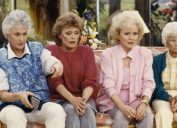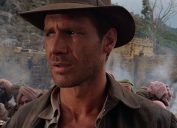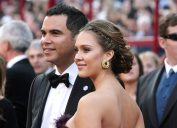11 Classic '90s Movies That Have Been Called Out for Racism
These popular '90s movies have been criticized for cultural insensitivity and racist stereotypes.
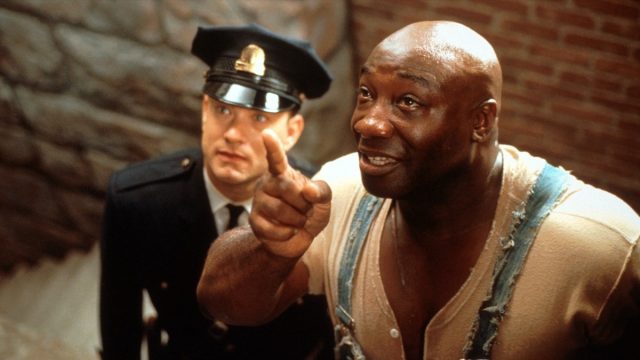
For many people, one of the most shocking things about the cultural reckoning that's happening in light of the Black Lives Matters protests across the country is finding out how much of the pop culture we consume has racist associations. Those who thought blackface was a relic of the past have been reminded of several more contemporary examples recently, and beloved Disney classics have been called out for cultural insensitivity and racist stereotypes. With that in mind, there are plenty of more recent films worth examining, too. Here are some classic '90s movies that have been called out for racism. And for more films that haven't aged well, check out these 9 Classic '80s Movies That Have Been Called Out for Racism.
1
Star Wars: Episode I – The Phantom Menace
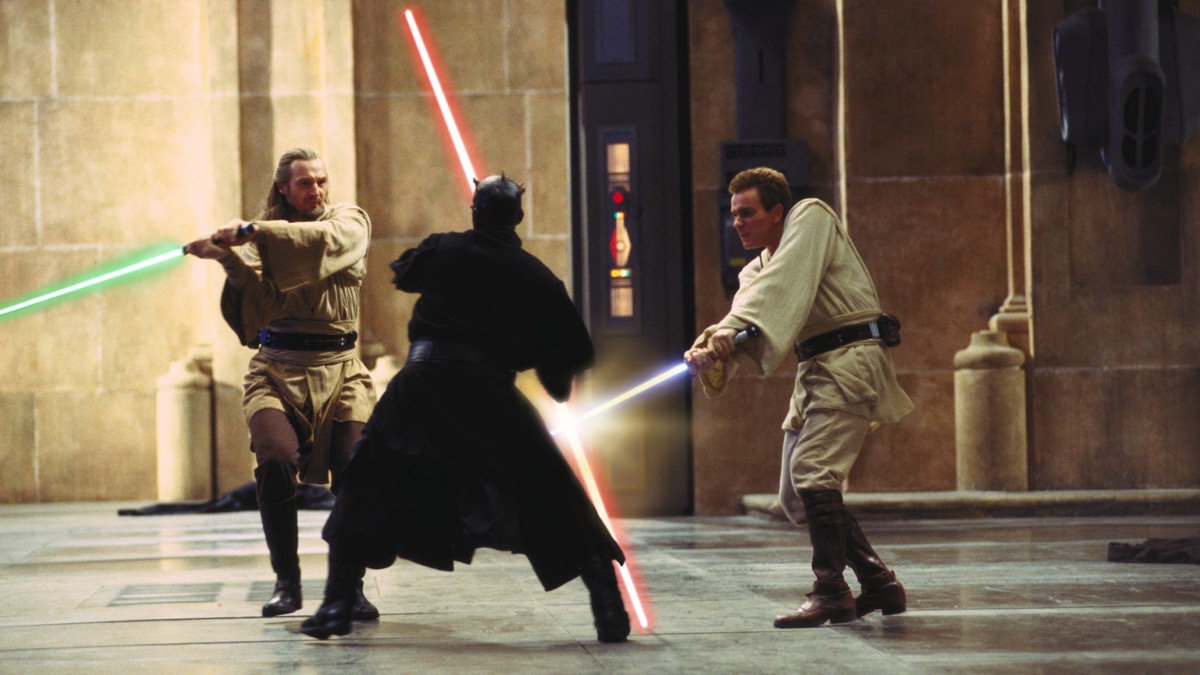
From the moment the long-awaited Star Wars: Episode I hit theaters in 1999, the film faced accusations of racism. Several alien species speak with accents that sound like stereotypical approximations of different ethnicities, but Jar Jar Binks, portrayed by Ahmed Best, was a particular point of contention. In an article for The Nation at the time, Patricia J. Williams wrote, "Whether intentionally or not, Jar Jar's pratfalls and high jinks borrow heavily from the genre of minstrelsy." She also noted that the character of Watto could be considered "both anti-Arab and anti-Jew."
2
Aladdin
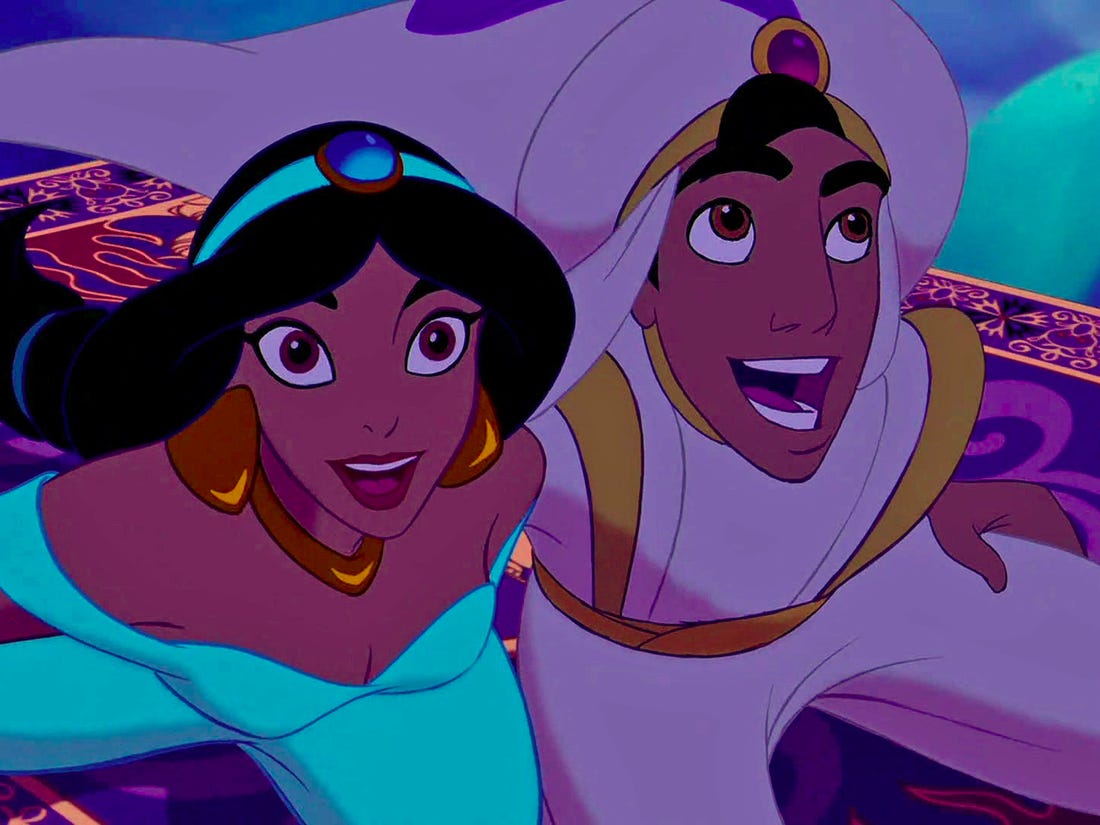
When Aladdin was released in 1992, it was heavily criticized by the American-Arab Anti-Discrimination Committee for its negative depiction of Arab culture, leading Disney to change some of its more objectionable lyrics. But for some, the problems with Aladdin go beyond a few word choices. As Vox explains, "the 1992 film revels in a lot of Orientalist stereotypes," including a "mythos [that] reeks of mystical exoticism" and "the citizens of Agrabah [being] frequently depicted as barbarous sword-wielders and sexualized belly dancers." And for more on Disney's racially insensitive history, check out This Classic Disney Ride Is Being Changed Due to Its Racist Associations.
3
The Green Mile
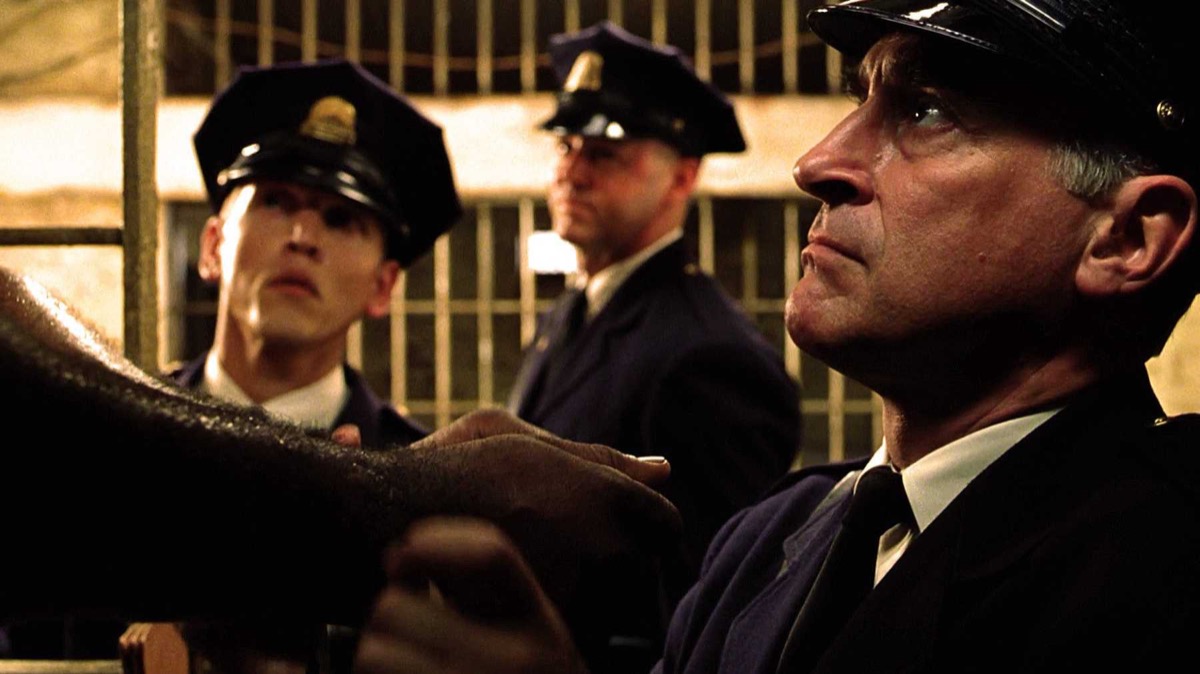
Perhaps the most notable critic of 1999's The Green Mile is filmmaker Spike Lee, who noted in 2001 that the character of John Coffey—played by the late Michael Clarke Duncan—is one of several examples of Black characters with magical powers who reinforce the traditional stereotype of the "noble savage" or "happy slave."
In his list for Salon of the most racist Oscar films of all time, Ibram X. Kendi writes, "Coffey uses his magical powers to heal White authority figures and punish their enemies. Coffey uses his magic to show his innocence. But he amazingly does not use his magical powers to liberate himself—or oppressed Blacks in the segregated south of the 1930s." The way Kendi sees it, The Green Mile "is only believable through the illogic of racist ideas."
4
Falling Down
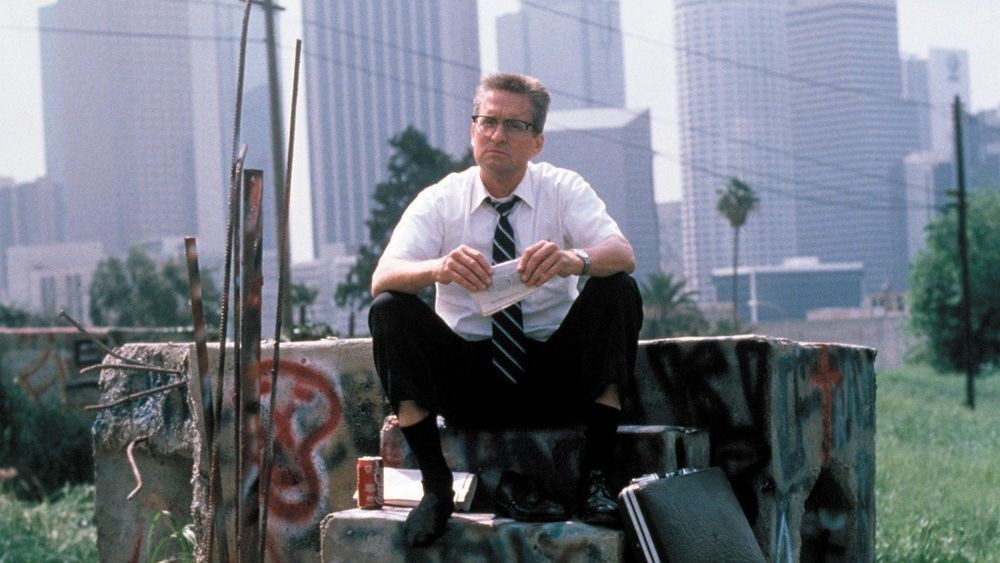
Filmed during the 1992 Los Angeles riots—a response to police officers being acquitted for the violent beating of Rodney King—Falling Down is a movie with racism on its mind. At the same time, the film's depiction of an angry white man (Michael Douglas' D-Fens) going on a violent spree does not hold up for some critics.
For the film's 25th anniversary in 2017, April Wolfe wrote an essay about the complicated legacy of Falling Down for LA Weekly, calling it "one of Hollywood's most overt yet morally complex depictions of the modern white-victimization narrative, one both adored and reviled by the extreme right." Wolfe goes on to say that the movie too often seems to side with Douglas' character, and that "anyone paying attention to white rage today will find familiar the ways that the film couches D-Fens' behavior in economic anxiety." And for more things being reexamined for negative associations, You May Have to Rename This Room in Your House Due to Slavery Associations.
5
Dangerous Minds
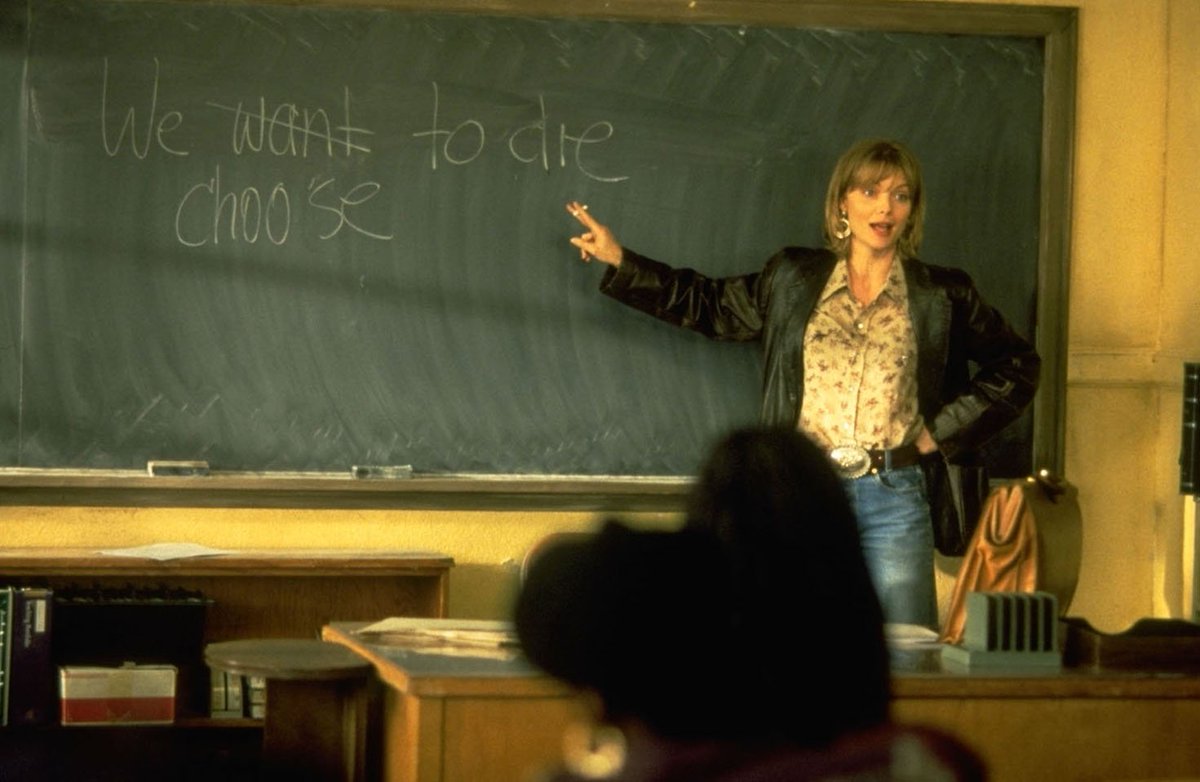
Dangerous Minds falls into the familiar genre of "inspirational teacher" movies, but many believe it also includes a more insidious trope: the "white savior" narrative. Twenty years after the film's 1995 release, Aisha Harris wrote in Slate that Dangerous Minds oversimplifies the theme of race and "elevates the … white-savior narrative that so frequently rests" at the core of inspirational teacher dramas.
To Harris, one of the movie's most egregious errors is focusing on teacher Louanne Johnson (Michelle Pfeiffer) being bullied by her students for being white. "By having the students exert prejudice upon their teacher rather than make any explicit mention of how the education system overwhelmingly fails black and Latino students in turn, the students are largely responsible for their own failures," Harris writes.
6
Ace Ventura: When Nature Calls
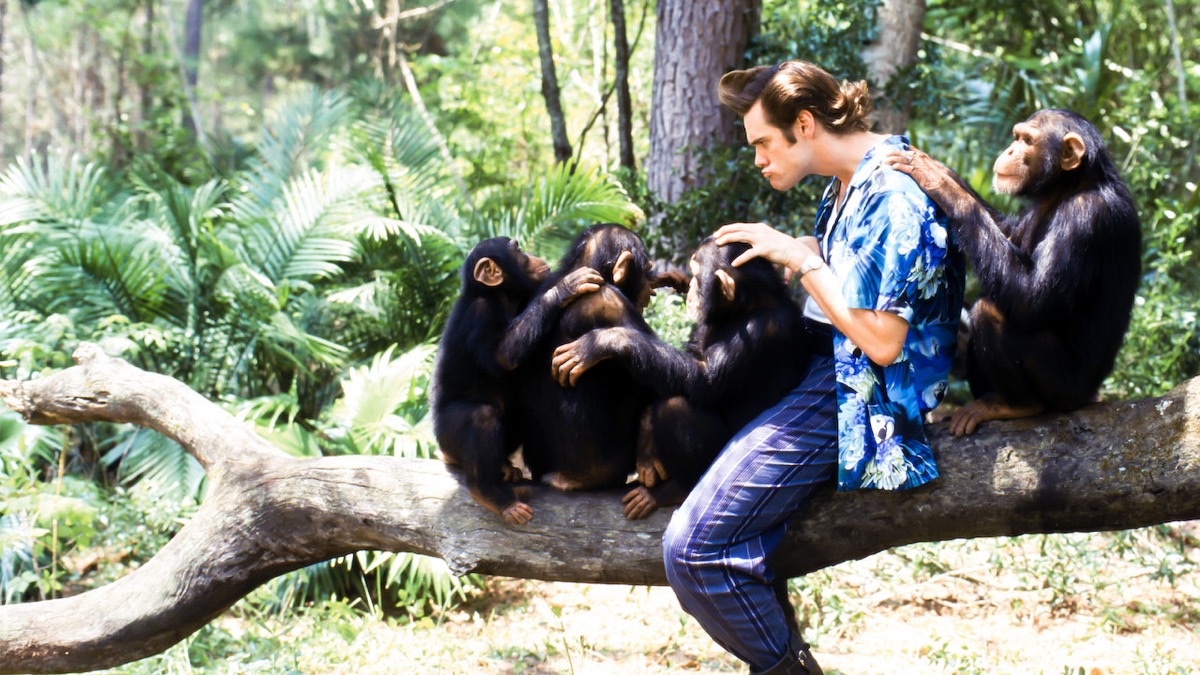
While some called 1994's Ace Ventura: Pet Detective offensive, the 1995 sequel, Ace Ventura: When Nature Calls, drew even more ire for its broad, stereotypical, and negative portrayal of African culture. The film moves the action to the fictional African country of Nibia, where the titular character is caught in a dispute among (equally fictional) tribes. As a review in the Hartford Courant said at the time the film was released, "The tribes, by the way, are depicted here as warlike, superstitious and essentially stupid. Such patronizing, demeaning, if not also racist stereotypes of Africa probably haven't been seen in Hollywood movies for decades." And for more things you might not have realized were racist, discover 7 Common Phrases That You Didn't Know Have Racist Origins.
7
Bulworth
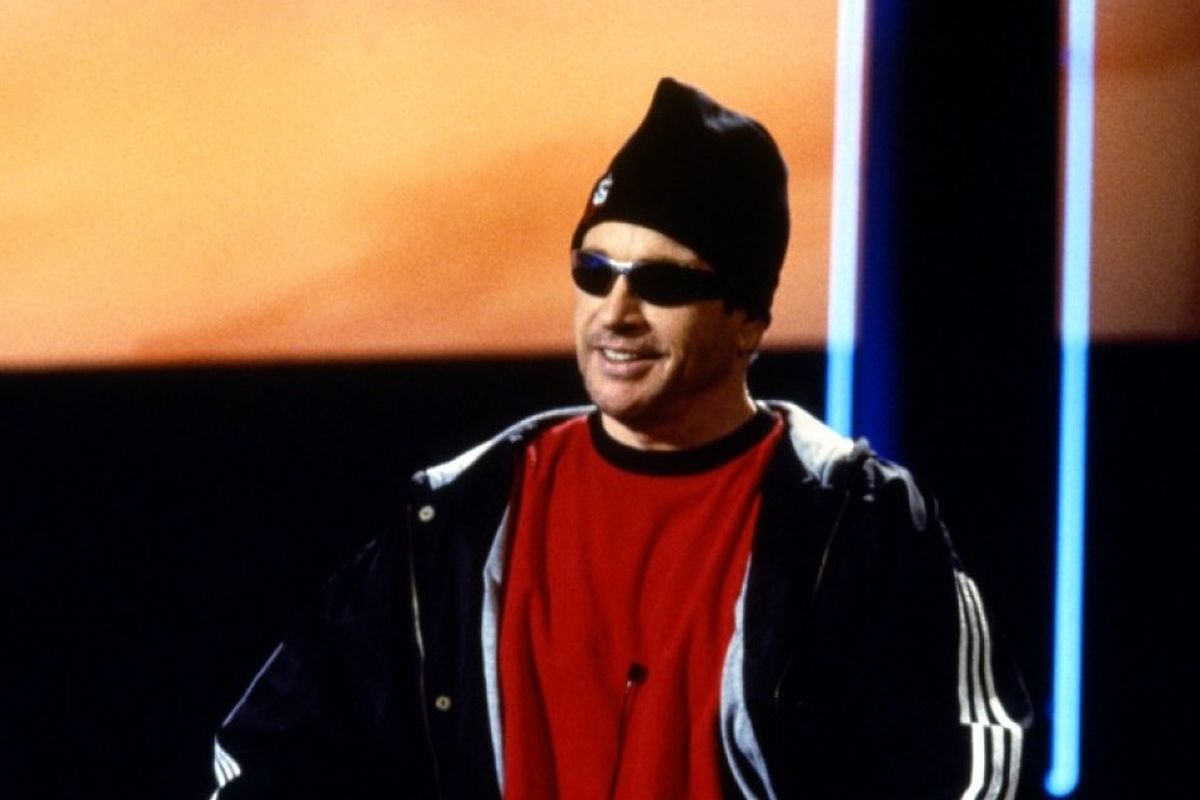
Bulworth is another film expressly about racism: Warren Beatty stars as a senator who decides to start speaking freely about his views, including those on race relations. Though much of the 1998 film is intended as satire, some believe it ultimately does more harm than good. Complex included Bulworth on their list of the 50 most racist movies, calling it "the most embarrassing and racially insensitive two hours ever committed to celluloid." And in a piece for The Baltimore Sun at the time the movie was released, Peter W. Bardaglio wrote, "Bulworth reinforces rather than undercuts certain racial stereotypes about white men and black women."
8
Jungle 2 Jungle
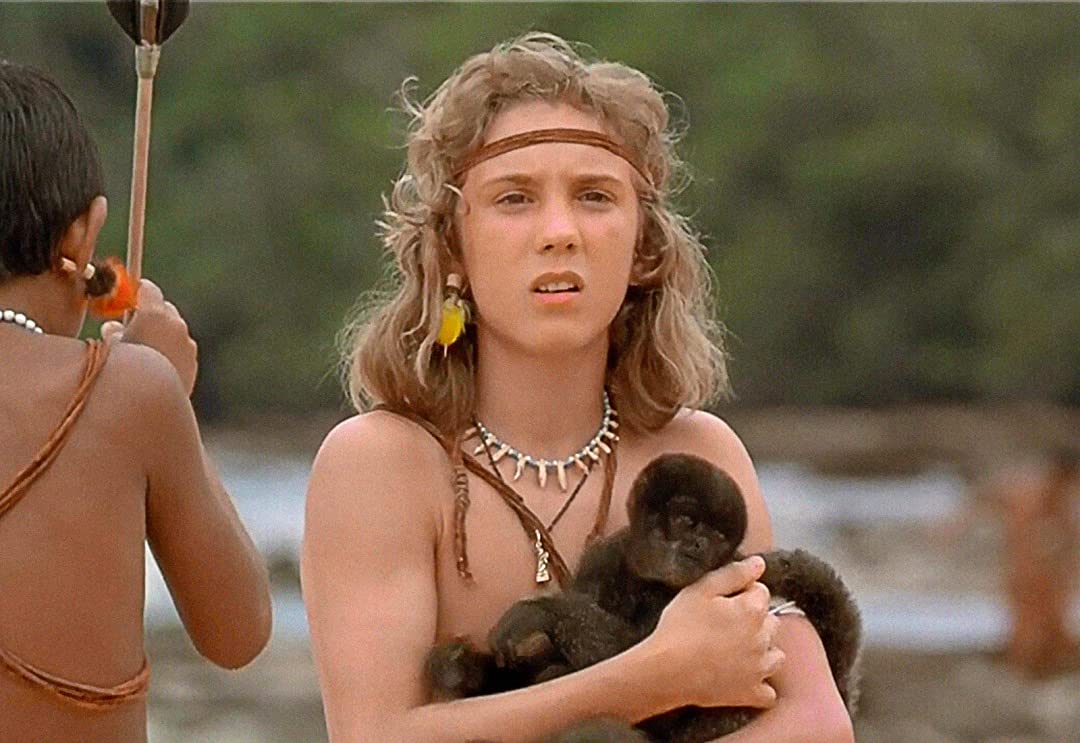
With a title like Jungle 2 Jungle, perhaps it's no surprise that this 1997 film is not particularly respectful of indigenous cultures. Michael Cromwell (Tim Allen) learns he has a long-lost son, Mimi-Siku (Sam Huntington), who has been raised among a tribe in Venezuela. In a 2016 article for ATTN:, Almie Rose notes that Jungle 2 Jungle "peddles heavily in insensitive stereotypes about natives being clueless savages who do things like eat pet fish straight from the fish tank and always walk around barefoot in war paint."
9
Billy Madison
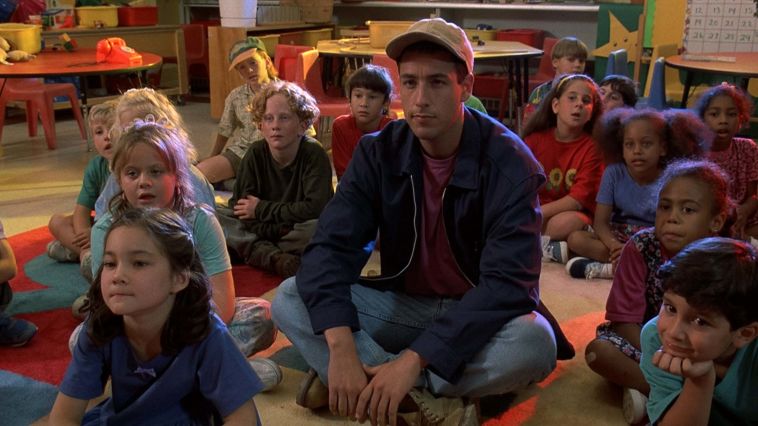
Adam Sandler is no stranger to racial controversy, so it's probably no surprise that his early films are not immune either. In 1995's Billy Madison, the character of Billy's maid Juanita (Theresa Merritt) has been criticized for playing into the racist "mammy" stereotype. As Ellen E. Jones explains in a 2019 BBC article about the history of the stereotype, "Traditionally depicted as a dark-skinned, overweight woman, wearing a headwrap and shawl, the mammy is employed by a white family to care for their children and is utterly devoted to her charges."
Juanita also makes frequent sexual advances toward Billy. In Collider's list of problematic movies, Greg Smith says that "the character comes dangerously close to harmful stereotypes about the oversexualization of black women, particularly in jobs like 'being a maid to annoying, wealthy white people.'"
10
The Siege
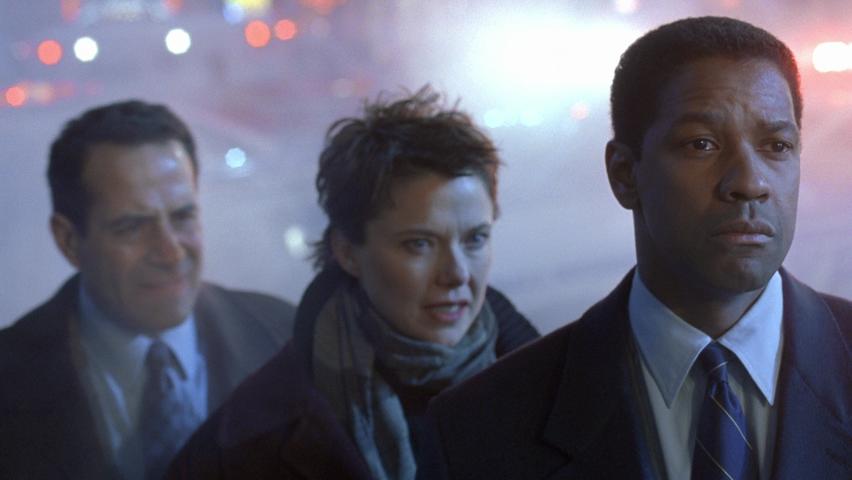
The Siege, which focuses on a fictional terrorist attack, was controversial immediately upon its 1998 release. Hussein Ibish of the American-Arab Anti-Discrimination Committee called the movie "extremely offensive. It's beyond offensive. We're used to offensive, that's become a daily thing. This is actually dangerous." The Council on American-Islamic Relations said in a statement, "In this film, the Muslims have total disregard for human life."
There were even protests outside theaters playing The Siege. An article from the Deseret News at the time mentions protestors waving signs reading "Hollywood Racism Is Terrorism" and "Don't Pay for Racist Movies." And for more up-to-date information, sign up for our daily newsletter.
11
Krippendorf's Tribe
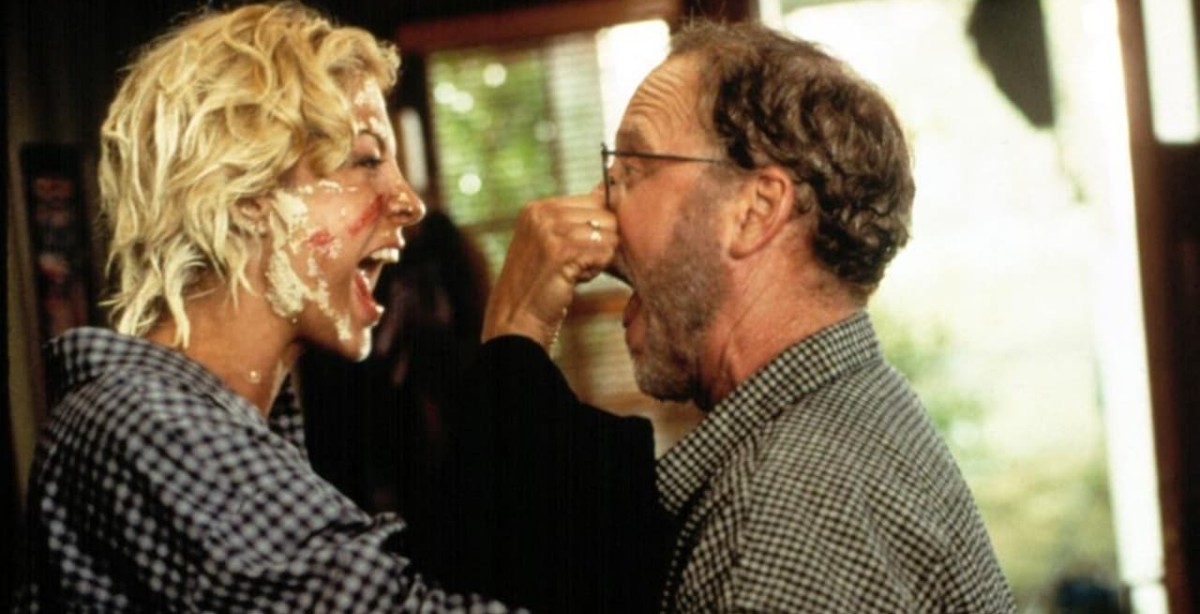
Kevin Thomas' review of Krippendorf's Tribe in the Los Angeles Times begins with the line, "If you thought that blackface went out with Al Jolson, you're wrong." The 1998 film, in which Richard Dreyfuss plays an anthropologist who concocts a fictional African tribe, does indeed include multiple actors in blackface, while they pretend to be members of the tribe. As Thomas continues, "Krippendorf's Tribe revives all those old demeaning racist stereotypes in the most horrible ways."
